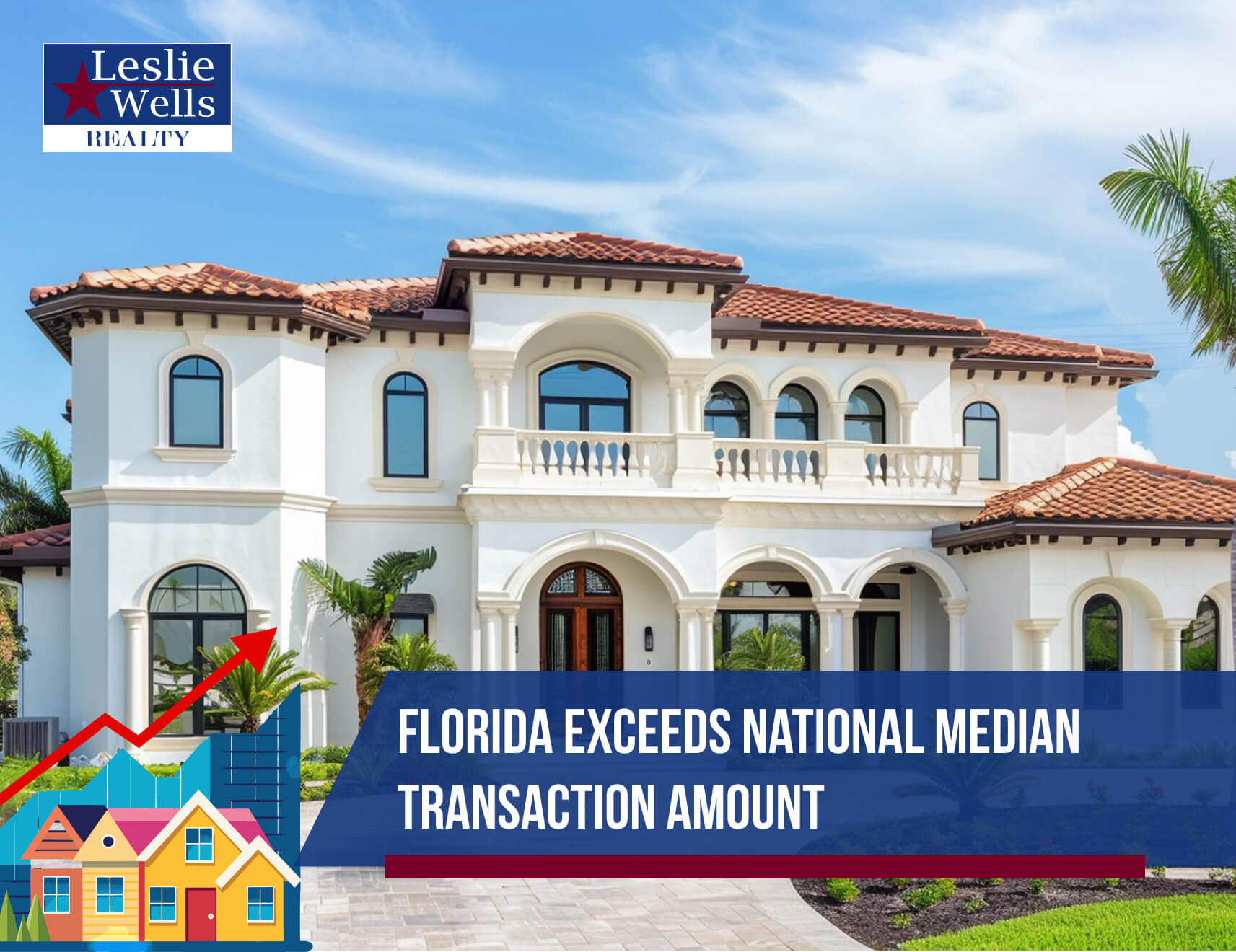The average U.S. long-term mortgage rates have risen for the fourth consecutive week, causing difficulties for prospective homebuyers right as the spring homebuying season begins.
According to mortgage buyer Freddie Mac, the average rate on a 30-year mortgage increased to 6.94% from 6.90% last week. This is slightly lower than the highest level since mid-December, when it reached 6.95%. Comparatively, the rate has gone up from the 6.65% average rate a year ago.
When interest rates on mortgages increase, borrowers may have to pay hundreds of dollars more each month, which can restrict their ability to buy homes in an already expensive market. Additionally, higher rates may discourage homeowners who secured low rates two or three years ago from selling their homes.
In recent weeks, interest rates have been gradually increasing due to reports indicating higher-than-anticipated inflation at the consumer and wholesale levels, as well as positive economic data that has concerned bond investors. These investors fear that the Federal Reserve may hold off on cutting interest rates until later this year. However, a recent inflation report, which is closely monitored, revealed that prices across the country rose as expected last month.
Fluctuations in home loan rates can be influenced by investors’ expectations of future inflation, global demand for U.S. Treasuries, and the Fed’s interest rate decisions.
Despite reaching a 23-year high of 7.79% in late October, the current average rate on a 30-year mortgage has decreased.
The sales of previously occupied homes in the US increased by 3.1% in January compared to the previous month, reaching the strongest sales pace since August, thanks to the pullback rates in November and December.
The recent increase in rates is unwelcome for spring homebuyers.
“The recent increase in mortgage rates has further dampened the already weak homebuyer momentum as we approach the spring season, which is traditionally a busy time for homebuying,” said Sam Khater, chief economist at Freddie Mac. “Although sales of newly built homes are showing a positive trend, the high rates and elevated prices are still posing affordability challenges, which may leave potential homebuyers on the sidelines.”
The competition for a limited number of homes available on the market and high mortgage rates are limiting the purchasing power of house hunters in addition to years of soaring prices. There are already indications that the recent rise in rates has had a negative impact on home sales.
The National Association of Realtors reported that contract signings on U.S. homes fell 4.9% in January from the previous month and were down 8.8% from a year earlier. This report is an indicator of future home purchases, as there is usually a delay of a month or two between a signed contract and a completed sale.
Meanwhile, the Mortgage Bankers Association reported that home loan applications have declined for three consecutive weeks.
However, homeowners seeking to refinance their home loans received some positive news this week. The average rate on 15-year fixed-rate mortgages, which are popular with homeowners refinancing their home loans, has declined this week, dropping to 6.26% from 6.29% last week. This is good news, considering that a year ago it averaged 5.89%, according to Freddie Mac.





